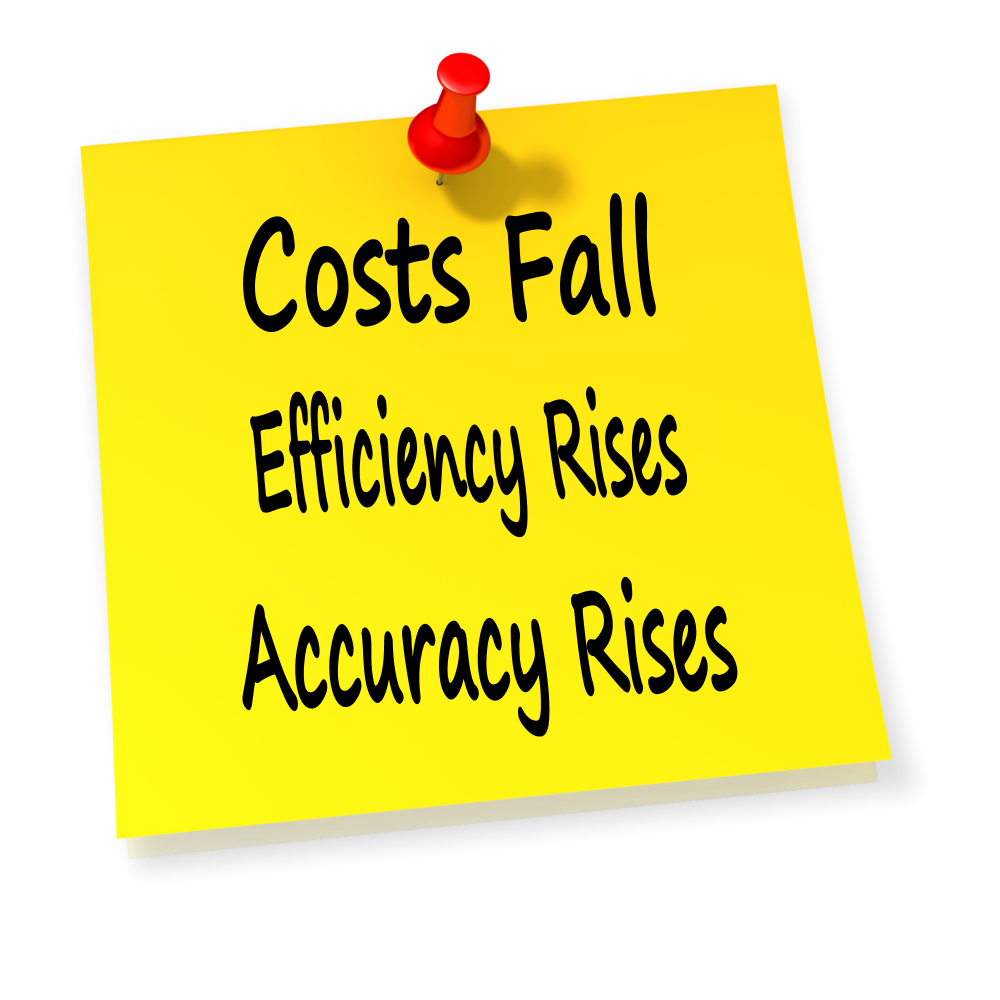This blog was last updated on June 27, 2021
It is not all about risk when dealing with Latin America Compliance.

We still need to remember that there are huge profit potentials in this ever growing region and business will continue to expand. As you do focus on Latin America growth, it is true that compliance is something that needs to be managed. And if you manage it correctly and make the proper investments, there are huge benefits from the standardized electronic invoicing process mandated by countries such as Brazil.
Here are 3 advantages that you should capitalize on:
- Lower Inbound Receiving Costs – Manufacturers have spent millions on just in time and just in sequence manufacturing. And to realize the cost savings, you need to have your supply chain managed to the second. In countries such as Brazil, the Invoice acts as the Bill of Lading. And one Nota Fiscal in Brazil will equal one truck because of this fact. Therefore, you don’t have to worry about partial shipments. Add to the fact that you can have the XML invoice sent to you prior to your supplier’s truck leaving their docs, with automation, you can literally lower your Inbound Receiving costs by upwards of 60 to 70%. While you have to do things on the Orders To Cash side of the house – there are huge operational benefits on the Inbound Receiving side of the house.
- Straight Through Processing is a Reality – Unlike Europe and the US where account payable teams are focused on processing paper – the governments in countries like Brazil and Mexico have eliminated that problem through government mandated invoicing XML formats and processes. With automation, you can literally manage 90% of your invoices automatically and just focus on the exceptions.
- Accounting Accuracy – Because clients must refute incorrect invoices or accept the wrong tax obligation for their VAT remittances – discrepancies are understood much faster in the process, so that they can be corrected earlier. When you add the tie between the invoice and the bill of lading, this also allows organizations to do the so called 3 Way Match much more efficiently.
We have seen organizations increase the productivity of their employees from 25-70% in these regions when executives look at these mandates strategically not just tactically.
How much money could you be saving? Now is the time to ask and evaluate before moving into the budgeting season after the summer.